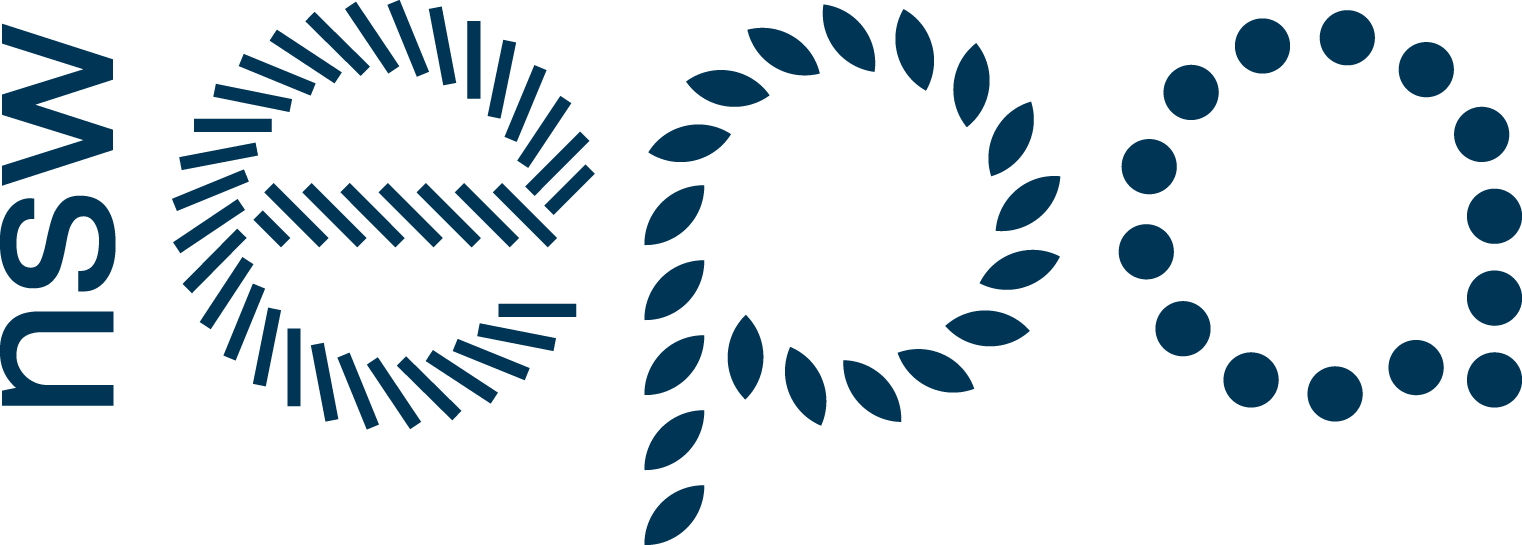Australian Government releases first national sustainable procurement policy to support circular economy transition
By Liam Taylor 24 April 2024
The Environmentally Sustainable Procurement Policy will ensure the Government uses its purchasing power to generate increased domestic demand for recycled materials and reduce waste to landfill as a result.
The policy announcement aligns with recommendations from the Circular Economy Ministerial Advisory Group interim report also released today. The Advisory Group was established in 2023 with the aim of providing expert advice on strategic interventions for the Australian Government to drive the circular economy transformation forward.
“Our national procurement policy will cut waste to landfill, help boost recycling and reduce emissions – all while supporting good, local jobs,” said Minister for the Environment and Water Tanya Plibersek in a statement.
“Just as many Australians look for recycled content or environmentally friendly products at the supermarket, the Australian Government will use our purchasing power to back cleaner, smarter, more environmentally sustainable businesses.”
The Environmentally Sustainable Procurement Policy will be phased in over the next two years, with the first phase from 1 July 2024 focused on ensuring government construction services projects above $7.5 million meet agreed sustainability outcomes. These outcomes will focus on reducing and repurposing waste generated from such projects and replacing construction materials from virgin resources with those made with recycled content.
The second phase from 1 July 2025 will extend the policy to include tenders for textiles, ICT goods, and furniture, fittings and equipment above $1 million, which will represent a significant increase in policy scope. The project categories were chosen for their high impacts on natural systems and the potential for such projects to provide work opportunities within Australia’s domestic recycling industry.
“Industry has told us that they want clear regulation that supports recycling and the circular economy and gives business the confidence to invest,” said Professor John Thwaites, Chair of the Circular Economy Ministerial Advisory Group.
“The circular economy can help drive productivity and economic growth in Australia by using materials and resources more efficiently.”
Developed in collaboration with construction service firms and industry associations, the policy is initially expected to apply to approximately two percent of Australian Government construction service contracts in its inaugural year. However, the $7.5 million criteria means these projects are expected to represent about half the value of all procurement contracts.
The policy also introduces a measurement and reporting framework for tracking environmental outcomes for the first time, incorporating verification mechanisms across project categories.
More information on the Environmentally Sustainable Procurement Policy and Reporting Framework is available from the Department of Climate Change, Energy, the Environment and Water.
Prior to joining Planet Ark Liam spent his time studying global environmental issues, travelling Southeast Asia on the cheap and working for a sustainable property management company in Bali, Indonesia. Joining the communications team at Planet Ark, he hopes to inspire positive environmental behaviour through effective and positive messaging.

